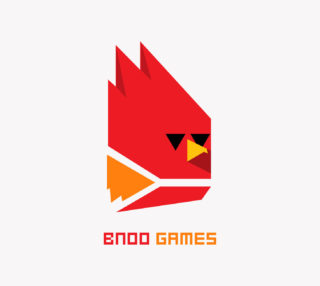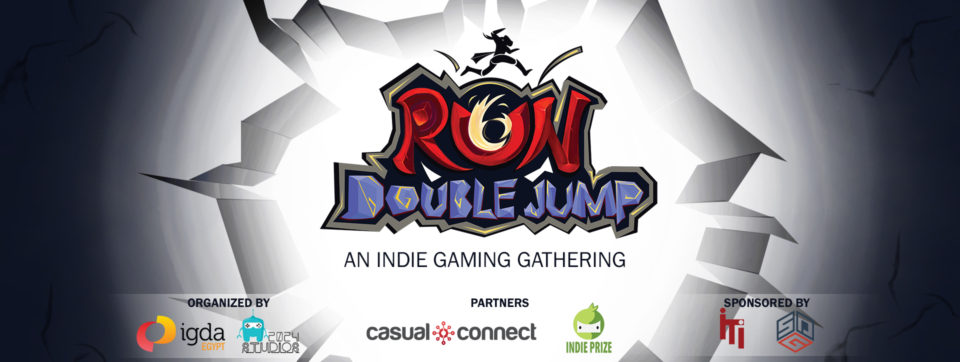Run Double Jump is an indie gaming gathering (organized by 2024 Studios and the IGDA) that takes place every year in Egypt. It aims to encourage indie developers, expose their games, and to help the industry in the MENA region flourish and grow rapidly.
The event showcases some of the best indie games in the region for gamers to play and test. In addition to Indie Games Exhibit, there are a bunch of sessions presented by pioneering local indie developers.
RDJ helps indie developers to share their experiences and success stories as well as the obstacles that faces them in their careers. Also, gamers will get to discover these games developed and produced by indie developers, and increase general awareness surrounding these titles. This networking will help boost the regional gaming industry.

This year, RDJ partnered with Indie Prize - Casual Connect for a contest between the submitted games. The game selected “best in show” will be able to take part in Indie Prize Berlin - that winner was Abdullah Alsayed of BNOO Games for the title Pix Hop.
Hopping to the Next Level
Abdullah is looking forward to participating in Indie Prize Berlin, seeing it as an important step for himself and are glad he could get a “hoppy” into one of the biggest indie games festivals.
Additionally, Abdullah has the prestige of being able to represent the Egyptian gaming scene on the world stage. “It’s a great honor to represent it,” he said. “Actually it’s a responsibility more than honor I think. By the way, although Egyptian gaming community is still growing, there are many local game developers that looking promising [right now].”
Hip Hip Hop, and You Don’t Stop
The main inspiration for Pix Hop was walking the streets and seeing a bunch of small gaps. That made Abdullah feel like he was playing a simple platformer in real life, noting that cars were a natural enemy in the ‘game’. “I decided to convert that experience into a video game and when it came to prototype I wanted to demonstrate that minimalism and simplicity of the design doesn’t negatively affect the fun,” he noted.
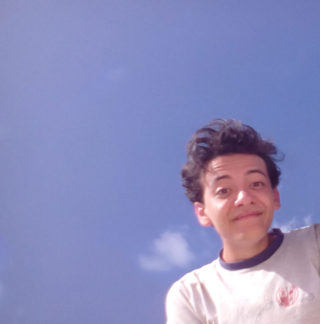
One component of Pix Hop is the constant techno beat, matching the rhythm of the gameplay. Abdullah describes it as an “essential” part of Pix Hop, hitting when the player bounces off the ground for the first time. “I believe that music is the very first thing which gets the player into the game,” he said. “It makes most of the first impression, whatever the game genre is, it defines its atmosphere.”
As for Pix Hop’s pixel-art style Abdullah comments that, “It’s a mix between necessity and aesthetics, as most of the games I develop are game jam entries. I focus on simplicity of graphics and the feel of the game play but I love how a simple pixel-art style game can be fun as classic Atari’s Pong and Space Invaders. As long as the art style serves the gameplay, it’s great.”

Learning in the Crucible of Game Jams
When Abdullah was young, he says that he played a number of Sega Genesis and Flash games. His initial inspiration to be a game designer was when he thought about what makes games fun and how they are made.
Much of his hard experience in game design has come from indie game jams, however. “Maybe all I know about game design is what I learned from game jams,” he said. “Simplicity, saving time, the game’s feel, finding bugs, practicing, playing games, hearing feedback, networking and of course having fun doing all of this.”
As for advice to other game developers, Abdullah simply said, “Talk about your game, show gameplay, tweet #gamedev, be social.”
Sketch, Prototype and Test Until Fun
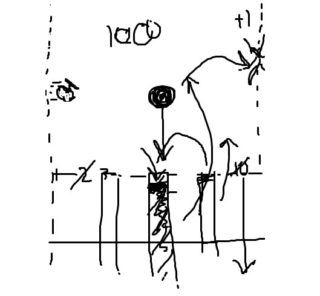
Abdullah’s process with making the game involves sketching something out, prototyping it, focus testing, then prototyping and testing again until the game is fun. The actual game creation comes out of GameMaker with music typically from Playonloop.com.
“Deciding the theme of the game, getting a pen and paper, write all ideas coming to my mind, seeing if these ideas can be games, filtering the ideas and then the final stage is a full sketch of a draft for the predicted screenshot of every scene in the game with notes,” he said. “If everything is fine then I go prototype, if the prototype is not what I thought it was going to be then back to screenshots and see what went wrong and so on ’til it gets fun.”
Testing for Abdullah and his one-man studio happens at every stage and is very important. “I think it’s about focus testing,” he wrote. “I believe that every single line of code needs testing especially the interaction with the player’s input and condition, the way player moves the main character is very important and will affect what the player will do next.”
“[What’s great with testing] Pix Hop, is the ‘Oh’ reaction when the player touches the ground for the first time and music starts,” Abdullah added. “That follows with a smile saying ‘yes I got it’.”
The Start of Things to Come
Abdullah is still very much starting out with his career, having not even put out a game that has monetization yet, probably going the free-to-play route when he does. In the meantime, he has to deal with the limitations of the local secondary education system.
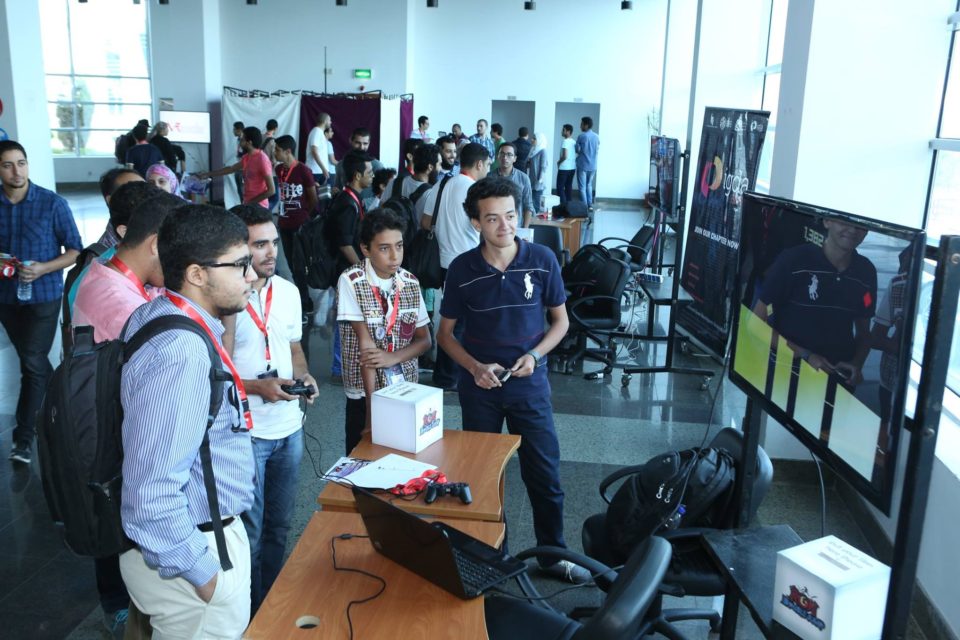
“[What’s been painful is] that I couldn’t enroll for a study field more related to game dev, so I’m studying architecture now but I’m still working on what I love most: game development,” Abdullah detailed. “So during my free time of the first year of studying architecture, I worked on Pix Hop more and more, and it’s live now.”
While it’s just Abdullah working on games by himself now, he hopes to expand on that in the future. “I hope to develop more games and a studio will be a good start growing this as a career, in the mean time I do create just games for fun but I hope to offer something better to people one day,” he said.
Despite the fact that he is still learning his craft, Abdullah had some solid advice for other indie developers. “[Never] leave a game without documentation, even if it’s just a checklist,” he noted. “Any idea comes to your mind should be written down. Also, leave marketing for last stages of development; marketing is a must once it’s possible (when the playable version is ready).”
Surviving That Crazy Wave
In addition to the real world, Abdullah draws on multiple sources when being inspired for his games from anime to cartoons. “Sometimes after seeing an art work or listening to some kind of music, many things come to me while I’m studying too so I get my note and write it down,” he explained.

The focus of Abdullah’s games right now is on arcade fun, and getting experience in development. If given more time and resources, however, he thinks that he might create “a game like Journey, a game with a truly unique and beautiful and amazing experience.”
For now though, the focus is on simple fun. “[The funniest moments in Pix Hop are] when there is more than one enemy, shooting or laser shots or exploding or moving to kill me,” he said. “It’s that moment I don’t know how I managed to survive such a crazy wave!”

Comments


